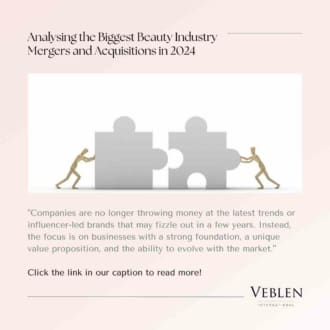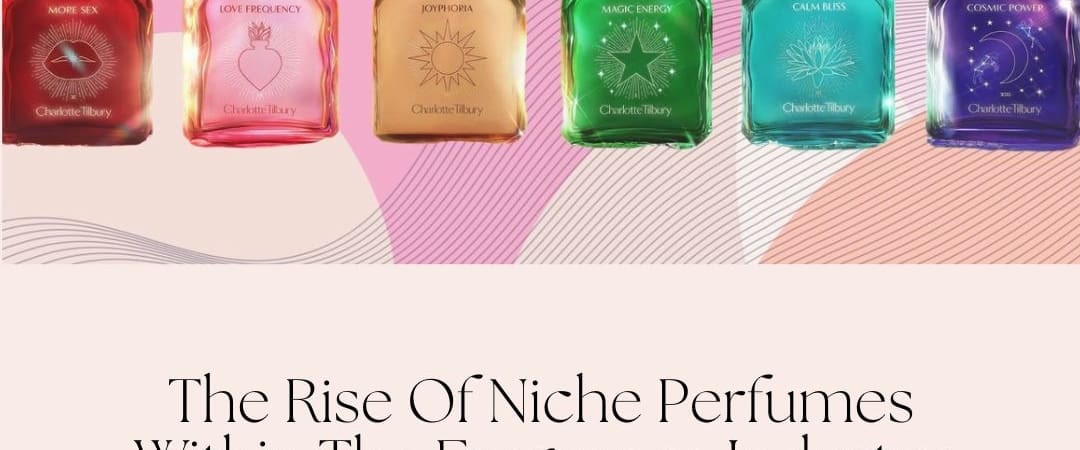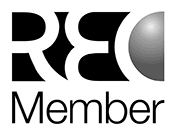The fragrance industry is experiencing a significant transformation, with niche perfumes emerging from the sidelines to take centre stage. This shift is more than a trend; it reflects deeper changes in consumer preferences and industry dynamics. While major brands still hold considerable sway, the appeal of niche perfumes is reshaping how people perceive and purchase scents.
Historically, the fragrance market was dominated by major fashion houses and well-known brands, which capitalised on mass appeal and celebrity endorsements. Perfumes were a symbol of luxury, often marketed as signature scents that defined one’s personal identity. However, over the past two decades, and especially after the pandemic, there has been a notable shift towards individuality and uniqueness in fragrances. This change is particularly evident among younger consumers, such as Gen Z, who prefer to have a collection of scents that match their diverse moods and lifestyles rather than adhering to a single signature scent.
Niche perfume brands have flourished in this environment, offering distinct and often unconventional fragrances that set them apart from mainstream offerings. Brands like Alessandro Gualtieri’s Nasomatto and Orto Parisi capture the imagination with mysterious compositions and unique stories, often keeping their ingredients a closely guarded secret. This allure of the unknown, combined with the exclusivity of limited production, makes these fragrances highly sought after.
Charlotte Tilbury’s new “Fragrance Collection of Emotions” is a perfect example of this trend. Launched in 2024, this collection comprises six mood-enhancing scents designed to cater to different emotional states and lifestyles. Each fragrance—such as “Magic Energy,” a citrus-woody scent for boosting energy, and “Calm Bliss,” a seaside-musk blend for relaxation—aims to evoke specific emotions and fit seamlessly into various aspects of daily life. The collection has seen strong early sales, indicating a positive market reception. Priced at $150 for a 3.4 oz bottle, the perfumes are available at major retailers like Sephora and through the official Charlotte Tilbury website. The unique approach, combining high-quality ingredients with scientifically measured emotional impacts, has resonated well with consumers, boosting the collection’s popularity and sales performance.
The creative process behind niche perfumes also sets them apart. Unlike mainstream brands, which often rely on extensive consumer testing to ensure broad appeal, niche brands prioritise the vision and creativity of their perfumers. Nathalie Feisthauer, a master perfumer who transitioned from working with big brands to creating niche perfumes, highlights this difference. She notes that in niche perfumery, the creator’s vision is paramount, leading to more sincere and unrestricted creations. This approach allows for the use of high-quality raw materials that larger companies might find economically unviable. As a result, niche perfumes often provide a more personalised experience for the wearer.
Major fashion houses are taking note of the niche trend, balancing their mass-market offerings with exclusive, high-end collections. Dior’s La Collection Privée and Tom Ford’s Private Blend are prime examples of this strategy. These exclusive lines are typically available only in brand boutiques and select high-end department stores, maintaining a sense of rarity and exclusivity.
The acquisition of niche brands by major players is another significant trend. Estee Lauder’s acquisition of Le Labo, Puig’s purchase of Byredo, and Kering’s acquisition of Creed illustrate this movement. However, there is a risk that the unique appeal of niche brands could be diluted when brought under the umbrella of large conglomerates. Maintaining a balance between exclusivity and broader appeal is a complex challenge. For instance, Le Labo’s city-exclusive scents, initially available only in specific stores worldwide, are now globally accessible each September, reflecting the ongoing tension between exclusivity and mainstream demand.
As the fragrance industry continues to evolve, niche perfumes are expected to maintain their momentum, challenging mainstream brands and spearheading change, where the growing demand for unique, high-quality scents reflects a broader shift towards personalisation and exclusivity in consumer preferences.
Charlotte Tilbury’s innovative approach and the broader rise of niche perfumes underscore a significant shift towards personalisation and exclusivity in the fragrance industry. This trend is likely to continue, with niche perfumes challenging mainstream brands and shaping the future of scent preferences.
What do you think this mean for the future of the fragrance industry?
#PerfumeRevolution #NicheFragrance #LuxuryScents #PerfumeTrends #Veblen
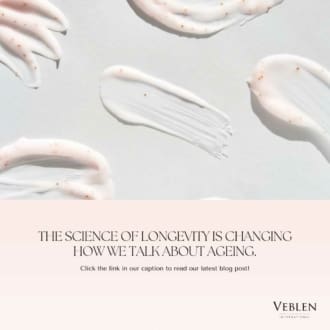
The Science of Longevity: Why ‘Anti-Ageing’ is Becoming ‘Well-Ageing’
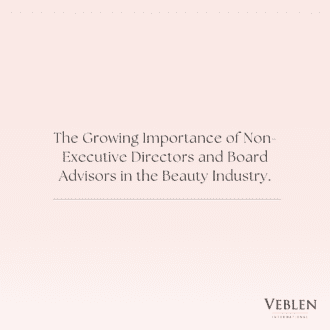
The Growing Importance of Non-Executive Directors and Board Advisors in the Beauty Industry.
